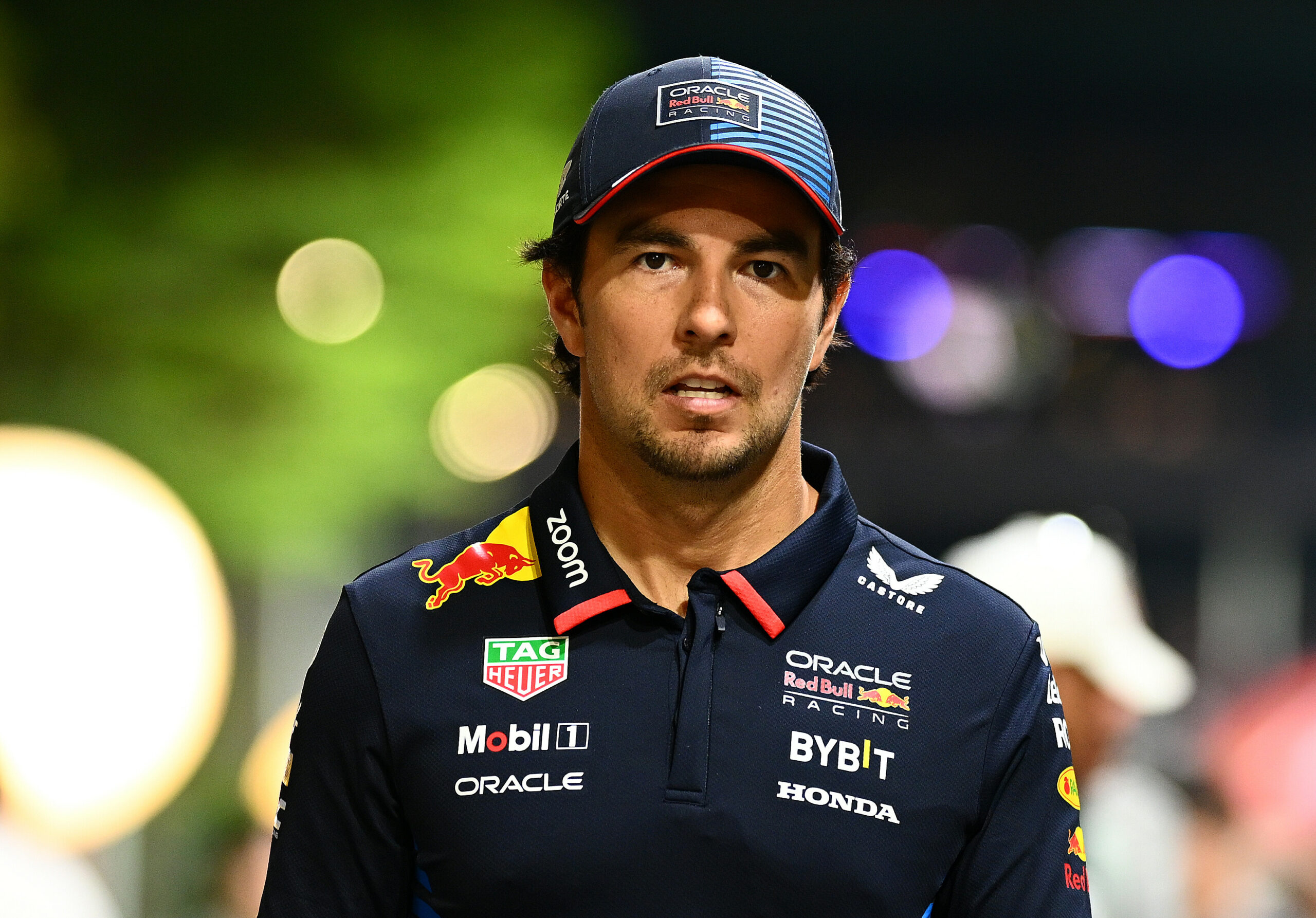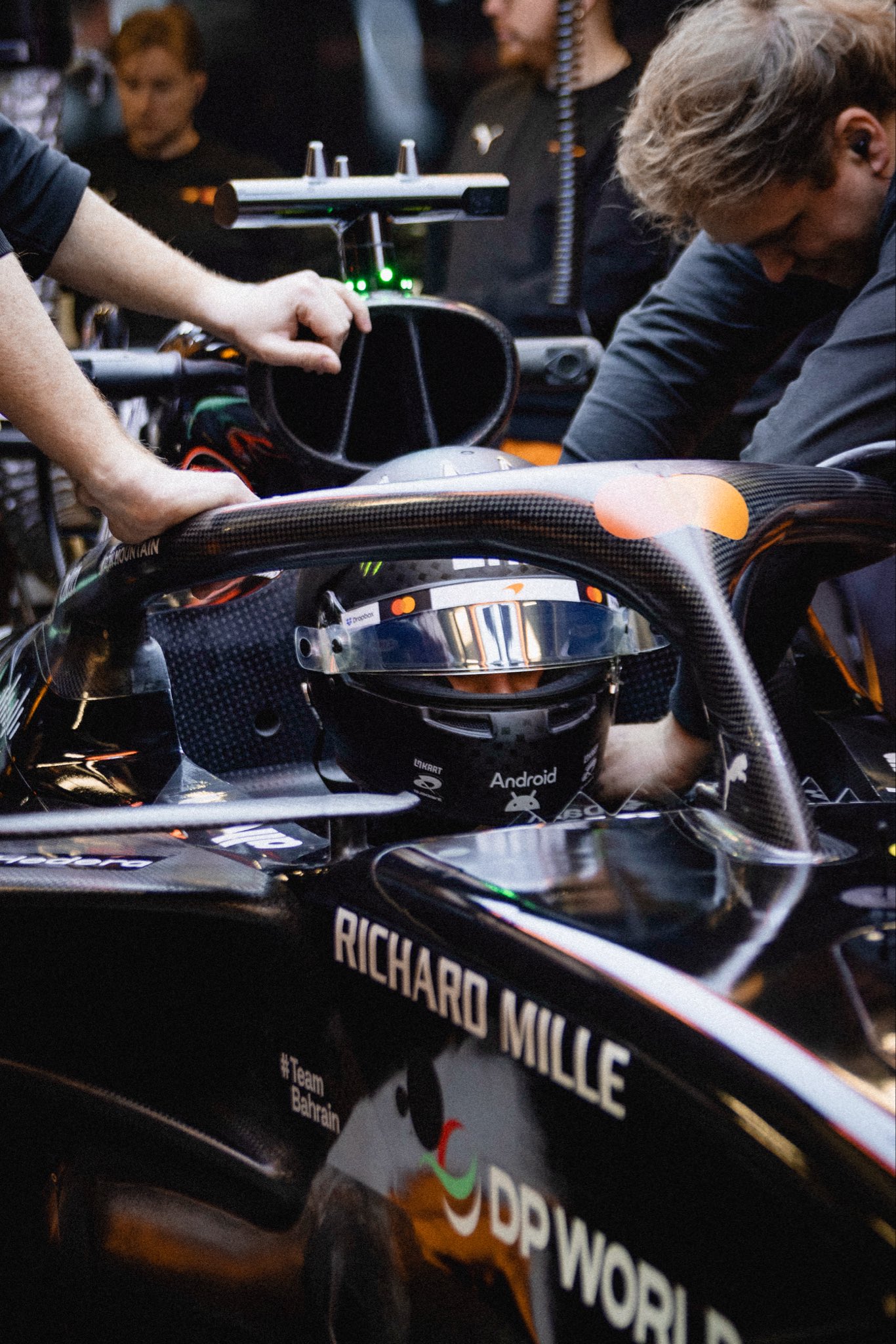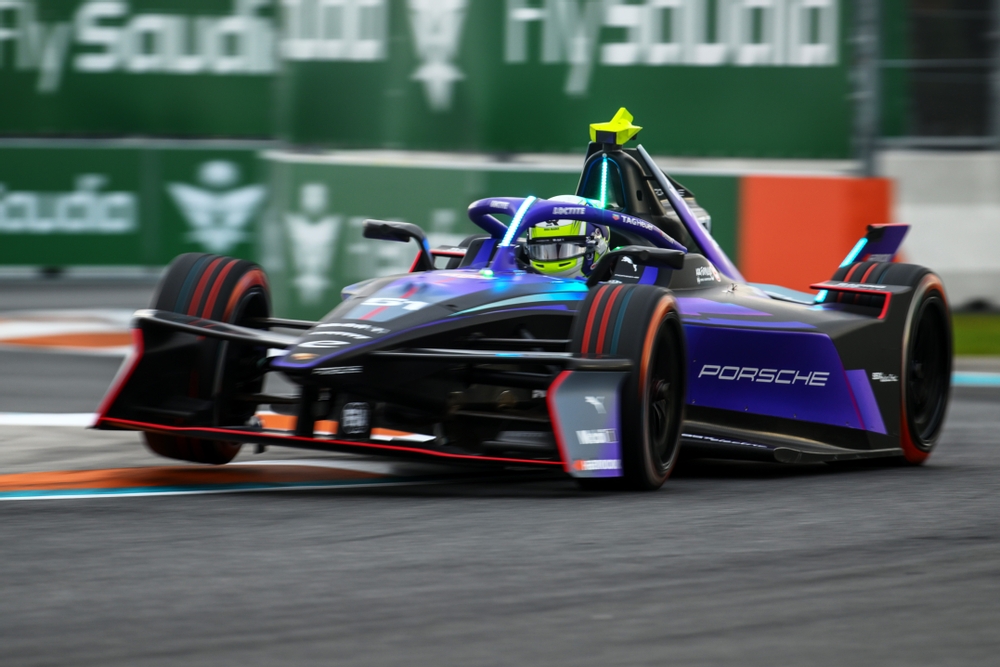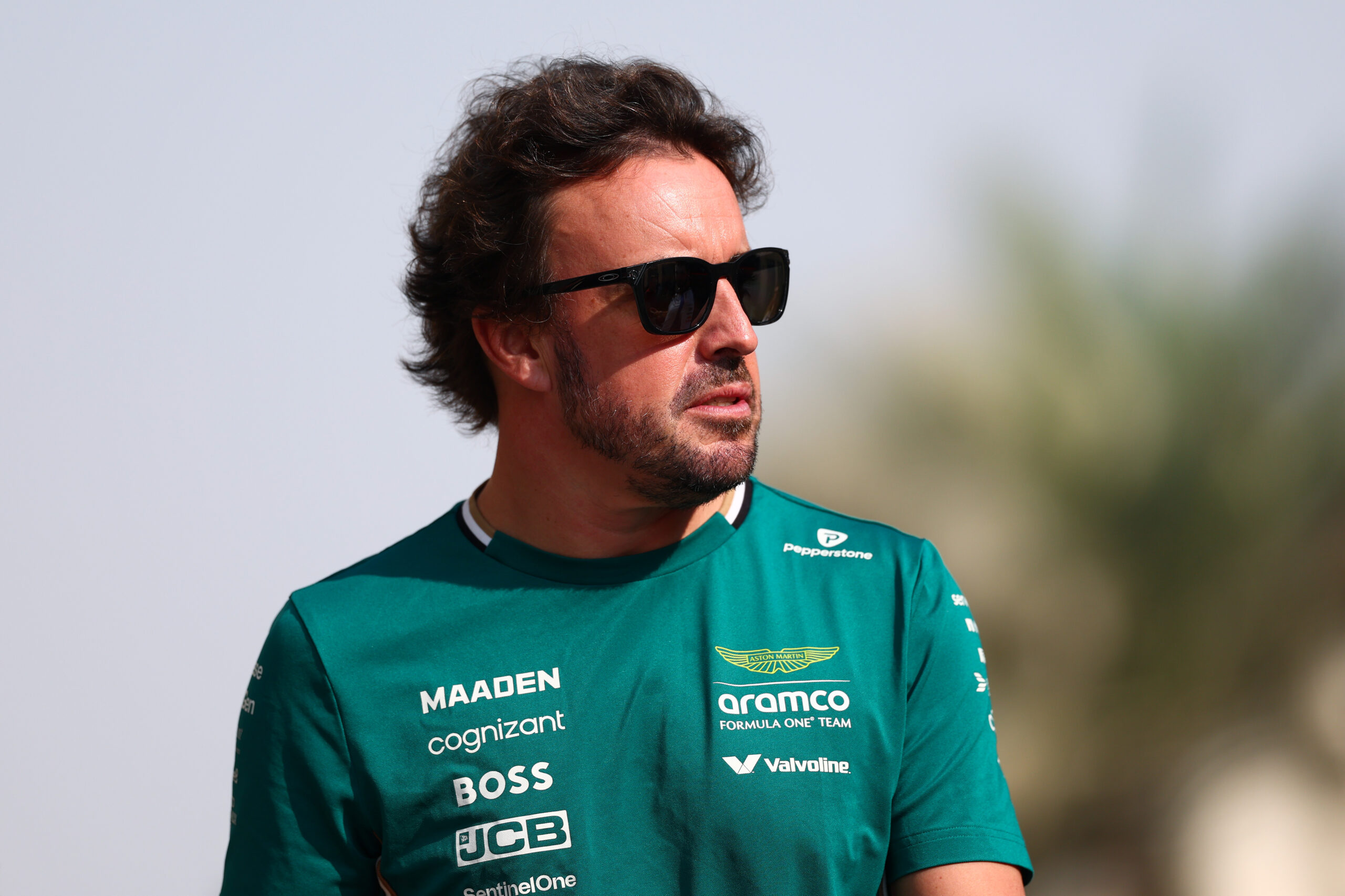Red Bull Racing’s Sergio Pérez has described the strong performances by Franco Colapinto and Oliver Bearman as “great to see” and has expressed much optimism over the potential of young drivers currently in Formula 2 (F2).
Despite having only had three races so far with Williams Racing, Franco Colapinto currently sits 19th in the 2024 Formula 1 Drivers’ Championship, ahead of Sauber’s Zhou Guanyu (P20) and Valtteri Bottas (P22) and former Williams driver Logan Sargeant (P21).
Despite much scepticism over Colapinto’s promotion to F1 as the replacement for the ousted Sargeant for the rest of the 2024 season, the Argentinian has been quick to impress, even earning his first four points during his second race in Azerbaijan.
Similarly impressive has been nineteen-year-old, Scuderia Ferrari and Haas reserve driver Oliver Bearman. Bearman, currently racing in F2 with PREMA Racing, alongside Mercedes-bound Andrea Kimi Antonelli, currently sits 16th in the 2024 F1 Drivers’ Championship with seven points – the first six of which were earned on his F1 debut at the Saudi Arabian GP while substituting for the appendicitis-afflicted Carlos Sainz of Scuderia Ferrari.
The 19-year-old Englishman would add his seventh point some months later while replacing Haas’ Kevin Magnussen following the latter’s one-race ban for an accumulation of 12 penalty points over twelve months.
While speaking ahead of the Singapore Grand Prix, six-time F1 race winner Pérez was asked for his thoughts on the recent success of both Colapinto and Bearman, especially as both had seemingly adjusted quickly to the demands of F1 racing.
The Mexican praised the drivers for their good performance but suggested that their experience in F2 could have helped them develop the skills necessary to perform well in F1.
However, he also seemed sceptical about the true performance indicator in Formula 2. Technical problems, engine failures, and even some complaints from drivers of not having full power in races has blighted the series this year.
Before Colapinto’s promotion to F1, he was P6 in the standings. Bearman was a lowly 15th at that point.
“Yeah, I think they’ve done a great job.
“Especially with F2, no. When you think about it, they’re not the guys winning. But then they come in and they do a fantastic job.
“You must think the guys that are winning probably are out of this world.
“So, it’s hard to understand which are the good drivers in F2.
“But I think they’ve done a tremendous job. Obviously, it’s great to see.”
Pérez also spoke about his hopes for Colapinto’s future, expressing his wish for the Argentine to be considered for the second Audi seat.
Unlike Bearman whose future in F1 has already been guaranteed following his signing with Haas, Colapinto, despite his strong, consistent performances, faces much uncertainty over his future within the sport, with all but two of the available 20 seats having been confirmed for 2025.
“I really hope for Franco that he’s able to find that Audi seat for him.
“It would be a shame that after the job that he’s doing, he doesn’t get a seat for next year.”
Pérez claims that Colapinto being unable to secure a seat for 2025 could put the Argentine’s future at risk. While it has been theorised that the 21-year-old could return to F2 for another season, the Mexican expressed that a difficult season could jeopardise Colapinto’s future, as circumstances outside his control could harm his prospects.
“Because again, that can risk his career.
“You know, going back to F2 and not having a straightforward year.”
Pérez highlighted the car issues currently experienced in F2 as a major cause for concern, and he stated that F2 had “some work” left to do to improve the quality of their championship.
“Having a couple of stalls with both cars. I think F2 has some work to do with their championship.”
One victim of F2’s engine-related problems is Red Bull Junior Isack Hadjar, currently with Campos Racing, who, most recently suffered from limited power during the Italian GP at the Autodromo Nazionale Monza. The Frenchman, who started the sprint race from seventh on the grid, ultimately finished outside the points in P10 following issues with his power unit (PU). He later confirmed, via Instagram, that he had experienced limited power throughout the race, and compared his disappointing performance to that in Austria where he finished P13 in the weekend’s sprint race.
While Hadjar would not experience a similar issue during the F2 feature race at the Austrian GP, ultimately finishing P3, several other drivers were not so fortunate with MP Motorsport’s Dennis Hauger, Invicta Racing’s Kush Maini and DAMS Lucas Oil’s Jak Crawford being required to start from the pitlane after stalling at the beginning of the formation lap, and PREMA Racing’s Antonelli stalling in the pitlane during his pitstop. Rodin Motorsport’s Zane Maloney and PREMA Racing’s Bearman were also forced into early retirements from the race, on Laps 4 and 20 respectively, following engine failures.
Just some rounds earlier, in Monaco, the Red Bull Junior Driver was lucky to escape a very dangerous collision with Rodin Motorsport’s Ritomo Miyata during qualifying after the latter experienced a significant power unit (PU) issue into the Tunnel and was left nearly stranded on the track.
Hadjar, who had been on a flying lap, was caught off-guard by Miyata’s slow-moving car as he rounded the blind corner and was forced to take immediate evasive action to avoid a potentially dangerous collision.
Fortunately, the drivers escaped the incident unharmed and without damage to their respective cars.
While Pérez acknowledged the role that these and other incidents had played in determining the performance of the F2 drivers, he did not detract from their success, stating that in the cases of Colapinto and Bearman, he had been impressed by the confidence and skill behind the wheel.
“But yeah, I think it’s great to see these young drivers coming in. Being so confident and straight away delivering great results. It’s always great to see that.”
However, Pérez also acknowledged that the preparation of junior drivers for F1 had changed, especially for drivers like Colapinto and Bearman who were associated with the Williams and Ferrari Drivers’ Academies respectively.
“I mean, these are very good drivers.
“They’ve been doing that for their whole life. They’ve been with the teams for I don’t know how many seasons. So, they’re really up to speed.”
He claimed that these drivers’ association with their respective teams had allowed them to gain experience, particularly in the simulator, in a way that would not have been available to drivers of previous generations, such as himself.
“It’s not like the days I started where you hardly had any communication with the F1 teams. You were hardly in the meetings. You hardly drove a car.
“Now these guys are on the simulator all day. They are up to speed, obviously. It’s one good race, two good races.”
Despite these increased opportunities for training and development, Pérez highlighted that consistency in future races would be most important for young drivers such as Colapinto and Bearman to maintain successful careers in F1.
“But it’s the consistency of tomorrow that will make you have a very successful career in F1.”





